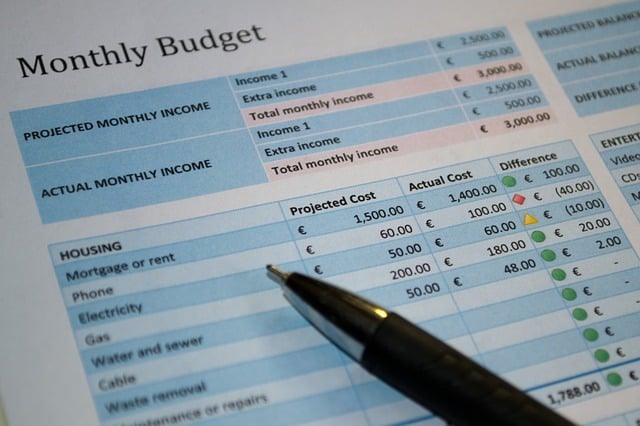Cash is the lifeblood of your real estate business. Without adequate working capital, your company will grind to a halt, ready to die unless a cash injection happens.

Many business owners know this, but still make financial mistakes that cost them their companies. According to research, a whopping 82 percent of the businesses that fail do so because of poor cash flow management.
How do you ensure your business doesn’t fall victim to financial challenges? There are a couple of effective ways, including hiring a professional to manage the finances and setting up an accounting schedule. You may have a peek at this site to find professional business financial management services.
Continue reading to learn how an accounting schedule can help your small business.
But first:
What Is an Accounting Schedule?
An accounting schedule is a detailed record of your business’ financial information, including assets, liabilities, and equities.
There are different types of accounting schedules, as follows:
Accounts Receivable
This is a schedule of all the money (and its equivalents) that is due to your company. It’s largely payments for goods and services you supplied to your clients, also known as unpaid invoices.
Accounts Payable
This is a schedule of all the money your business owes to other parties. It could be outstanding salaries to your employees, payments to your vendors and service providers, loan repayments, and taxes due.
Inventory Schedule
An inventory schedule fleshes out all raw materials, working materials, and finished goods (stock) that are in your possession. Your inventory is an asset.
Fixed Asset Schedule
This is a schedule of your fixed assets, including land buildings you own, equipment and machinery, office furniture and appliances, and the like. The schedule fleshes out the value of these assets, including the value of their accumulated depreciation.
Please note that you can always use a free weekly schedule template to organize your business’s finances, especially when you want to break it down to shorter timeframes.
Now that you know the different types of accounting schedules, let’s touch on how they can help.
Get a Clear Picture of Your Business’ Finances
Accounting schedules, especially the accounts receivable and accounts payable, give you a clear picture of your business’ finances. You’ll easily compare the money that’s coming in against what’s going on within a certain time period and establish whether your business is operating at a profit or loss – and by how much.
Without these schedules, you could assume that your business is making money while it’s actually running on losses.
Know the Value of Your Business
If someone offered to buy your company right now, how much would you sell it?
An accounting schedule will help you to determine the current market value of your business. Just calculate the difference between your assets and liabilities and you’ll have a decent idea of your business’ value.
Accounting Schedules Are Key to Proper Financial Planning
An accounting schedule will do more than just help a business owner monitor and manage finances. It will also help you make informed financial decisions.
If you were on the fence about creating these schedules, it’s clear you need to jump over and start creating them.
Keep reading our blog for more small business tips and insights.